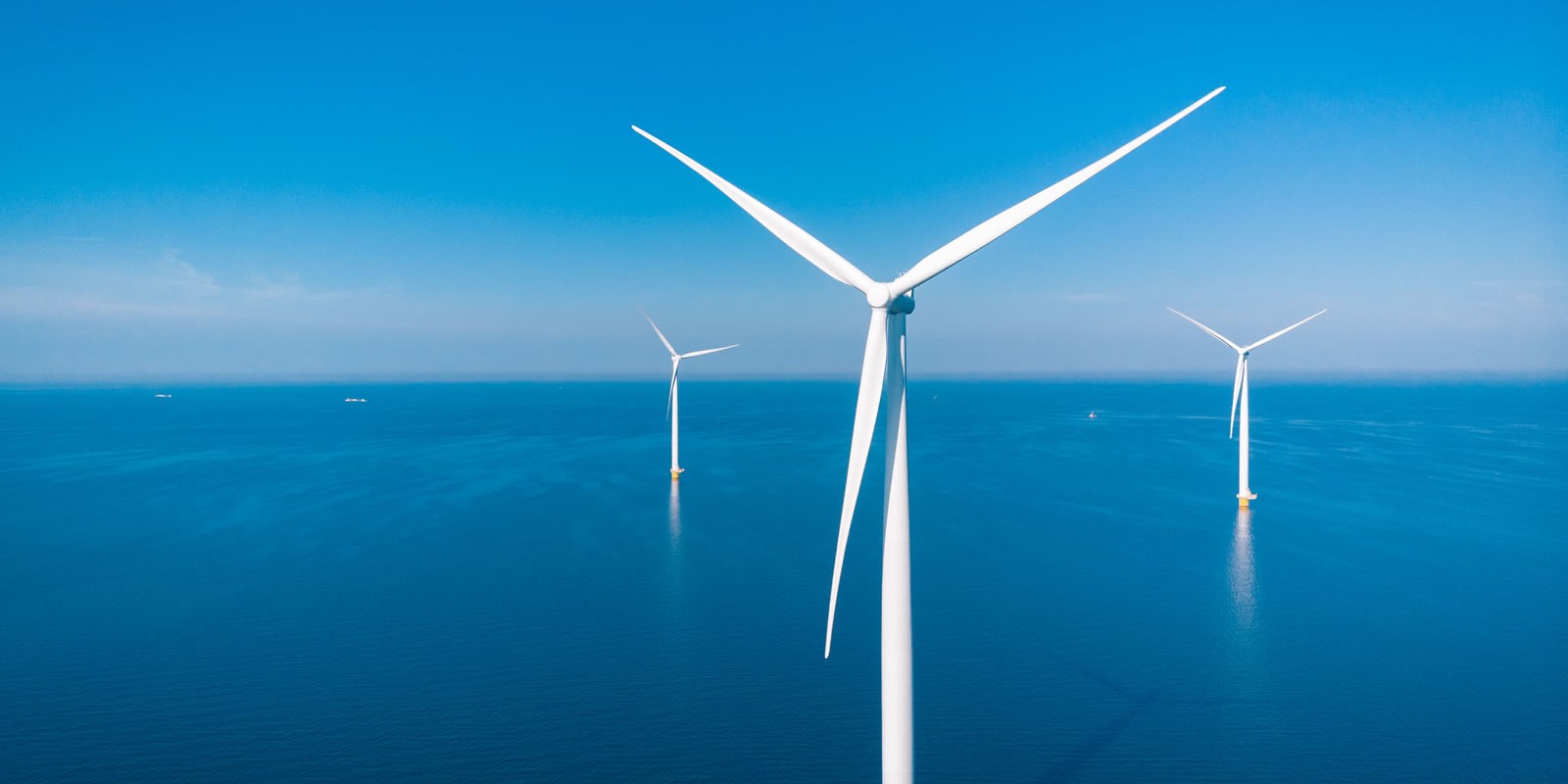
Following Donald Trump’s US election win, the UK has stepped into a leadership role at COP29, and it’s just announced a more ambitious climate goal.
Energy secretary Ed Miliband told the Observer that the UK will work on securing vital alliances with other countries at the 2024 United Nations Climate Change Conference (COP29) in Baku, Azerbaijan, following climate change denier Trump’s victory:
The only way to keep the British people secure today is by making Britain a clean-energy superpower, and the only way we protect future generations is by working with other countries to deliver climate action.
Prime Minister Sir Keir Starmer, one of only seven G20 leaders attending the summit, said at a press conference:
At this COP, I was pleased to announce that we’re building on our reputation as a climate leader, with the UK’s 2035 NDC [nationally determined contributions] target to reduce all greenhouse gas emissions by at least 81% on 1990 levels.
The UK’s new goal is in line with a recommendation from the UK’s independent climate change committee, which said in October that the target should exceed the current 78% cut to emissions, measured against 1990 levels that were set by the previous government.
The UK is one of the first countries to announce an NDC, which isn’t due until February 2025.
The Guardian, which first broke the news from Baku, reports that “the goal would be achieved by decarbonizing the power sector and through a massive expansion of offshore wind, as well as through investments in carbon capture and storage and nuclear energy.”
Climate finance is the major focus of this year’s talks, and the prime minister also said the UK would fulfill a pledge made by the Conservatives of £11.6 billion in climate finance to poor countries. Further, Starmer announced a £1 billion investment in a wind turbine project that’s expected to create 1,300 local jobs in Hull, in the north of England.
Since Labour took office in July, it’s scrapped the ban on onshore wind, committed to no new North Sea oil and gas licenses, and become the first G7 economy to phase out coal power when it closed the UK’s last coal power plant at the end of September.
Top comment by K
Nice to see them moving forward, ahead of schedule, on the right track. It’s too bad the US just swerved around to go backwards again. Hopefully we can maintain some momentum as renewable energy is just better.
UK greenhouse gas emissions have fallen by almost half from 1990 levels, mainly due to the phaseout of coal from electricity generation.

Read more: The UK officially closes its last remaining coal power plant
If you live in an area that has frequent natural disaster events, and are interested in making your home more resilient to power outages, consider going solar and adding a battery storage system. To make sure you find a trusted, reliable solar installer near you that offers competitive pricing, check out EnergySage, a free service that makes it easy for you to go solar. They have hundreds of pre-vetted solar installers competing for your business, ensuring you get high quality solutions and save 20-30% compared to going it alone. Plus, it’s free to use and you won’t get sales calls until you select an installer and share your phone number with them.
Your personalized solar quotes are easy to compare online and you’ll get access to unbiased Energy Advisers to help you every step of the way. Get started here. –trusted affiliate link*
FTC: We use income earning auto affiliate links. More.





Comments